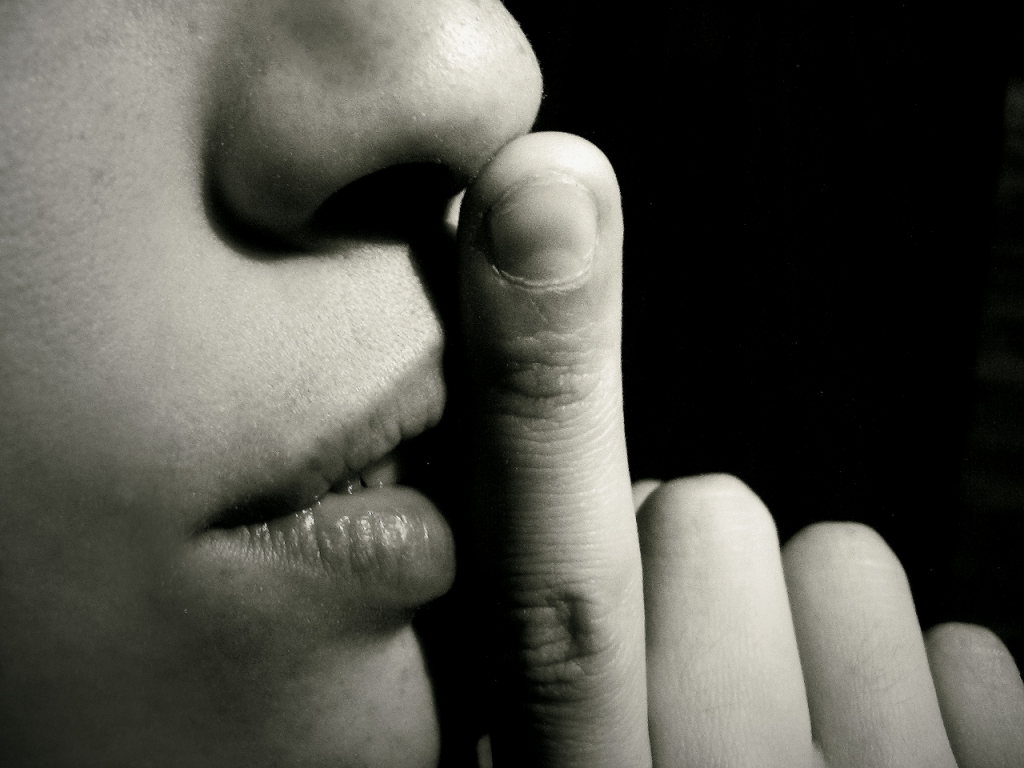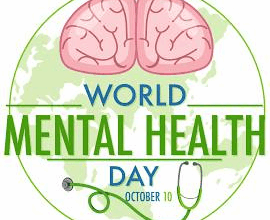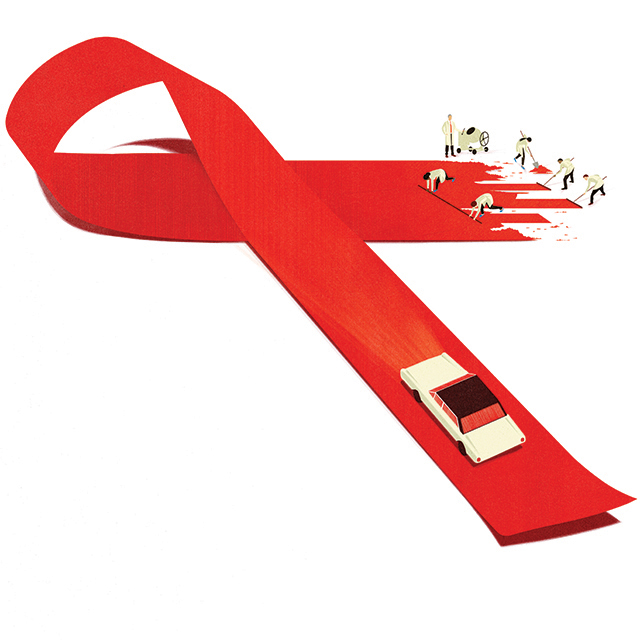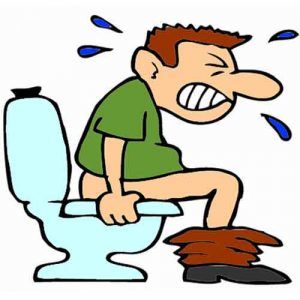To Silence!

You should keep quiet!

Most likely, this is coming across as strange and insulting to you, but it is the best advice I have for you at this point. We currently live in a world grossly polluted by different noises—from factories, bars, relaxation centres, and even our headphones and air-pods. According to a study recently conducted by the World Health Organization, nearly 50% of people aged 12-35 years old are currently exposed to unsafe levels of sound, especially from the use of personal audio devices. Translating this to actual persons we meet on the streets daily is quite enormous; five (5) out of every ten (10) people—between ages 12 and 35—you meet are exposed to unsafe levels of sound.
Sounds become noise when they rise to unsafe levels, and this can impact our health. It is common knowledge that our brain is constantly monitoring the environmental sounds for threats or danger, even while we sleep. Thus, frequent or loud noise can be a potential trigger for anxiety and stress although unconscious to us. With continued exposure to an increased level of noise, a person’s sensitivity to stress has been shown to increase drastically, thereby making more people irritable and less friendly. Another side effect of noise, especially within residential areas, is abnormal sleep patterns. Constant noise exposure can cause difficulty in falling asleep, inability to stay asleep or waking up too early thus reducing the depth and quality of sleep. This has been shown to lead to an alteration in the amount of REM sleeping leading to a decrease in cognitive function and the ability to concentrate.
In children, according to a 2014 study1, chronic exposure to noise for eight (8) hours a day could cause permanent hearing changes and an inability to hear outside certain frequencies. In adults, a 2018 review2 found evidence that even relatively short-term noise exposure could temporarily elevate blood pressure and increase its (blood) viscosity, implying an association between long-term exposure and the rate of occurrence of cardiovascular disease. Also, another study conducted by the World Health Organization and the European Commission’s Joint Research Centre4 concluded that a steady dose of noise pollution could lead to higher blood pressure and fatal heart attacks, while another5 found unhealthy rates of cholesterol and hypertension in individuals regularly exposed to loud noises at work.
The question here then becomes; why stress oneself on what is unhealthy?
Rather than plugging in those pods and blasting through high-volume music all day while risking permanent hearing loss, therapists suggest using silence as a tool to facilitate personal reflection and encourage responsibility and the expression of feelings. Quite opposed to noise in whatever form or label we choose to give it, recent scientific studies have shown that silence can stimulate new cell growth in the brain, improve memory, and help relieve tension in the brain and body. A recent study published in the journal Heart3 concluded that two minutes of silence is more effective in relieving physical tension than listening to relaxing music.
Silence can also be a very powerful means of communication with another person, especially in a moment of deep emotional distress or trouble. It shows approval and acceptance of the other person as they are at a given moment, especially amid strong emotions such as sorrow, fear, or anger. A 2015 study6 found that spending some time each day in silence specifically in mindful meditation reduced insomnia, and fatigue and encouraged bonding in adults.
To conclude, silence opens the door for us to daydream, fantasize, and imagine more easily than when we are overloaded with sensory input.
Ayomide Emmanuel Oyekan
REFERENCES
1 https://www.ncbi.nlm.nih.gov/pmc/articles/PMC4390126/
2 https://www.researchgate.net/profile/HiralJariwala/publication/319329633_Noise_Polluti
on_Human_Health_A_Review/links/59a54434a6fdcc773a3b1c49/Noise-Pollution-Human-
Health-A-Review.pdf
3 https://www.ncbi.nlm.nih.gov/pmc/articles/PMC1860846/
4 https://www.apa.org/monitor/2011/07-08/silence
5 https://www.consumerreports.org/hearing-ear-care/health-effects-of-noise/
6 https://jamanetwork.com/journals/jamainternalmedicine/fullarticle/2110998




